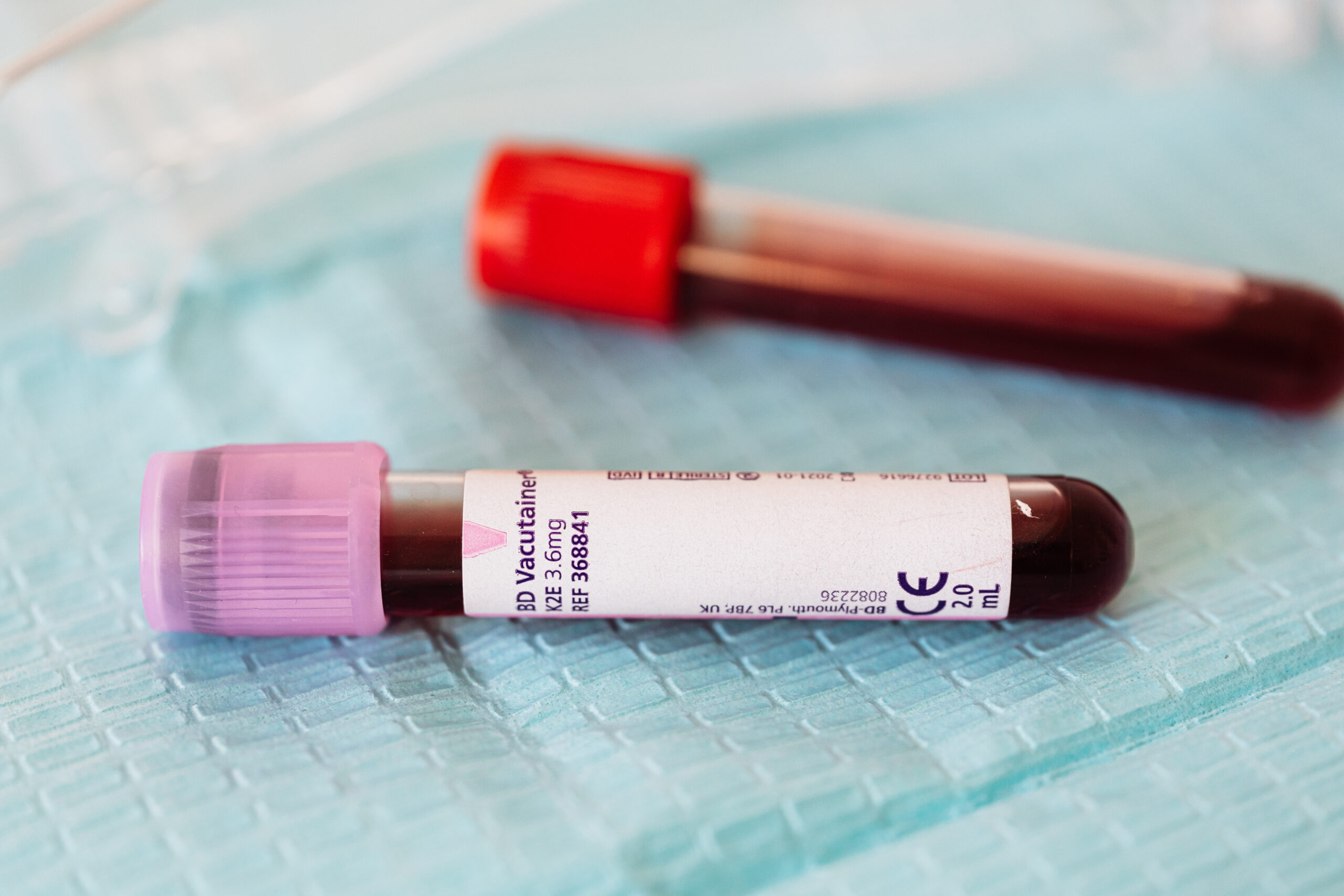What is the role of a thyroglobulin blood test?
Title: The Thyroglobulin Blood Test: Unveiling its Vital Role in Thyroid Health
Introduction:When it comes to understanding our bodies, knowledge is power. We live in an era where medical advancements enable us to unravel the mysteries of our health more than ever before. One such tool that plays a crucial role in diagnosing and managing thyroid-related conditions is the thyroglobulin blood test. In this blog, we will delve into what exactly a thyroglobulin blood test is and why it holds such significance in the world of thyroid health.
What is a Thyroglobulin Blood Test?To comprehend the role of the thyroglobulin blood test, we must first understand the significance of thyroglobulin itself. Thyroglobulin is a protein produced by the thyroid gland, the butterfly-shaped endocrine gland located in the front of our necks. Its primary function is to store and produce thyroid hormones, namely thyroxine (T4) and triiodothyronine (T3).
A thyroglobulin blood test measures the levels of thyroglobulin present in our bloodstream. Typically, this test is conducted in individuals who have undergone thyroid cancer treatment, as it aids in monitoring their progress and detecting any possible recurrence. Furthermore, the thyroglobulin blood test is also used to assess thyroid function in individuals with thyroid-related diseases, such as Hashimoto’s thyroiditis or Graves’ disease.
The Role of a Thyroglobulin Blood Test:1. Assessing Thyroid Cancer Treatment Efficacy:After thyroid cancer treatment, such as surgery or radioactive iodine therapy, the primary objective is to monitor the patient’s response to the treatment and detect any potential cancer recurrence. The thyroglobulin blood test plays a critical role in achieving this. Post-treatment, the thyroid gland should no longer be producing thyroglobulin. Therefore, any detectable levels of thyroglobulin in the blood may indicate the presence of residual thyroid tissue or tumor cells, thus necessitating further investigation.
2. Monitoring Thyroid Cancer Remission:In individuals who have successfully undergone thyroid cancer treatment and are in remission, the thyroglobulin blood test is a key tool for long-term monitoring. Regular measurements of thyroglobulin levels help doctors track any possible signs of cancer recurrence or metastasis. Fluctuations in thyroglobulin levels can provide valuable information and prompt the need for additional imaging tests or adjustments to the ongoing treatment plan.
3. Evaluating Thyroid Function:Apart from its role in thyroid cancer management, the thyroglobulin blood test is also employed to assess thyroid function in individuals with non-cancerous thyroid conditions. It aids in diagnosing and monitoring conditions such as Hashimoto’s thyroiditis or Graves’ disease, both of which can impact thyroid hormone production and the overall health of the thyroid gland. Thyroglobulin levels can give insights into the severity of the disease and assist in determining appropriate treatment strategies.
Conclusion:The thyroglobulin blood test serves as a valuable tool in monitoring thyroid health, primarily in individuals who have undergone thyroid cancer treatment. By measuring thyroglobulin levels, medical professionals can evaluate treatment efficacy, assess remission, and detect potential recurrences. Additionally, this test aids in diagnosing and managing non-cancerous thyroid disorders. As with any medical test, it is crucial to discuss the results with a healthcare provider who can provide tailored guidance and care based on individual circumstances. Remember, knowledge is power when it comes to maintaining optimal thyroid health!



